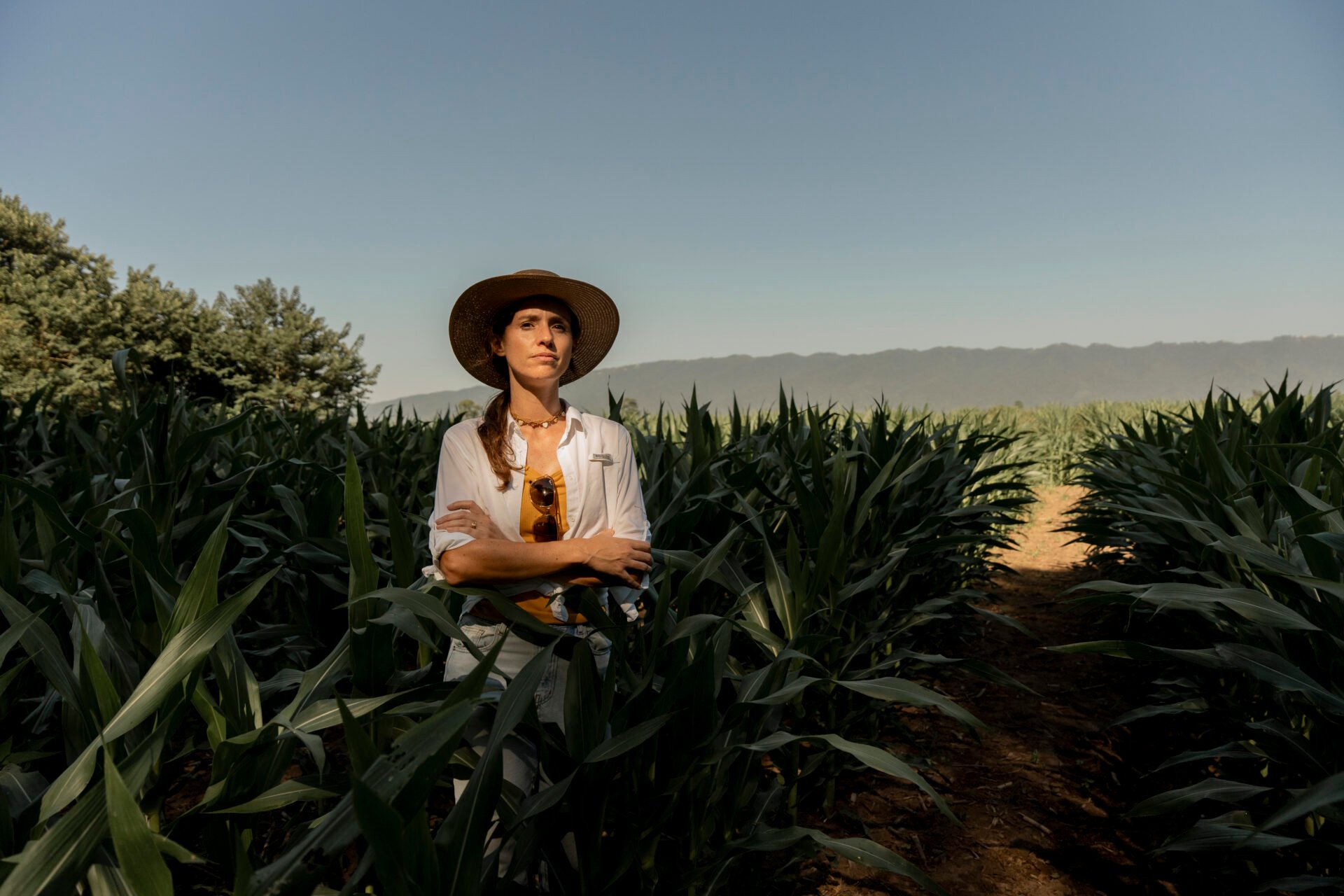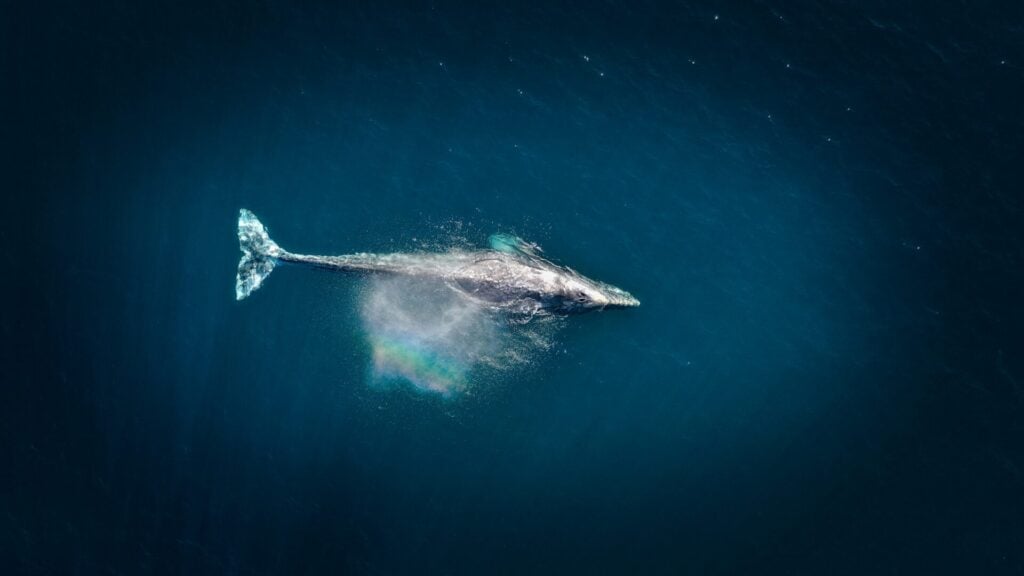Let’s face it, the way we eat is wrecking the world. From chemically intensive farming to billions of meals dumped in landfills, our global food system is broken. It fuels nearly a third of all greenhouse gas emissions, wastes precious water, and contributes to both malnutrition and obesity. But while we can’t stop eating, we can change how food is grown, distributed, and valued. That’s the goal of the Food Planet Prize, the world’s largest environmental award focused entirely on transforming the way we feed ourselves.
Founded by the Curt Bergfors Foundation in Sweden, the Food Planet Prize awards $2 million to initiatives with the power to reshape our food future. Past winners have included ColdHubs, a Nigerian startup using solar-powered fridges to reduce spoilage for small farmers, and C40 Cities, recognised for its efforts in shifting millions of meals in major cities to be healthier and more sustainable for people and the planet.
Spotlighting bold, brilliant ideas that could transform the future of food and help heal the planet along the way, this year’s prize is down to six projects from around the world, and each one – yet again – is offering something genuinely hopeful and practical.
Here’s a taste of the 2025 Food Planet Prize shortlist, with bold ideas spanning five continents:
Farming with Fungi – USA
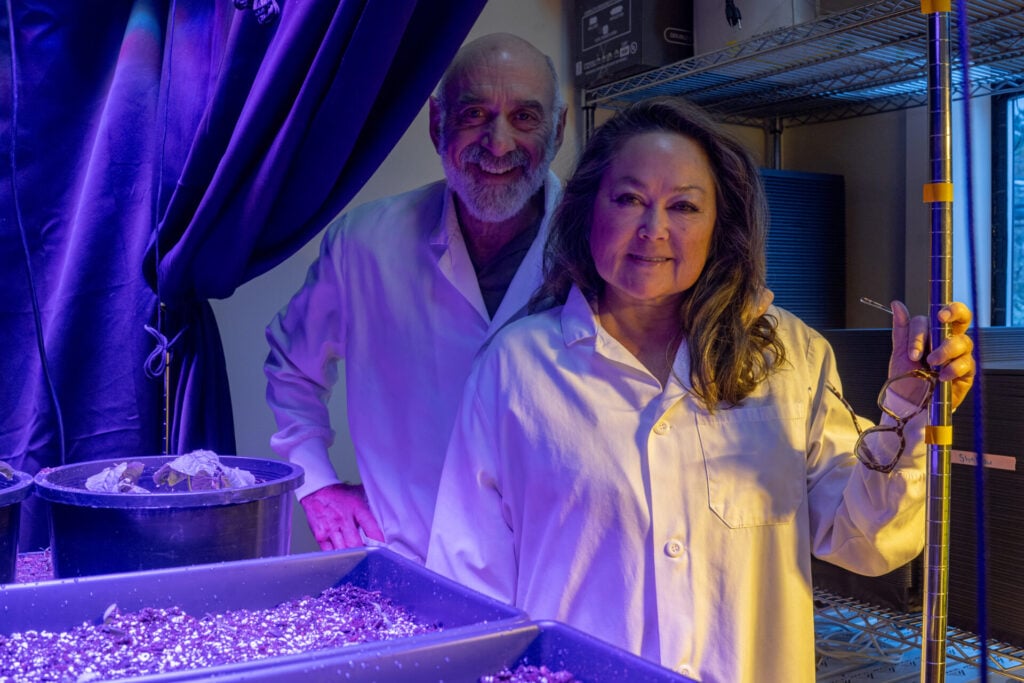
In the face of rising temperatures and worsening droughts, one U.S.-based startup is proving that the secret to future farming might lie underground. Adaptive Symbiotic Technologies uses naturally occurring fungi – not genetic modification – to strengthen crops from within. Their innovative bio-based sprays form a symbiotic relationship with plants, helping them better withstand heat, stress, and water scarcity. The results are striking: in some regions, crop yields have soared by up to 60 per cent, all while reducing the need for chemical fertilisers.
Rice, Reinvented – Indonesia
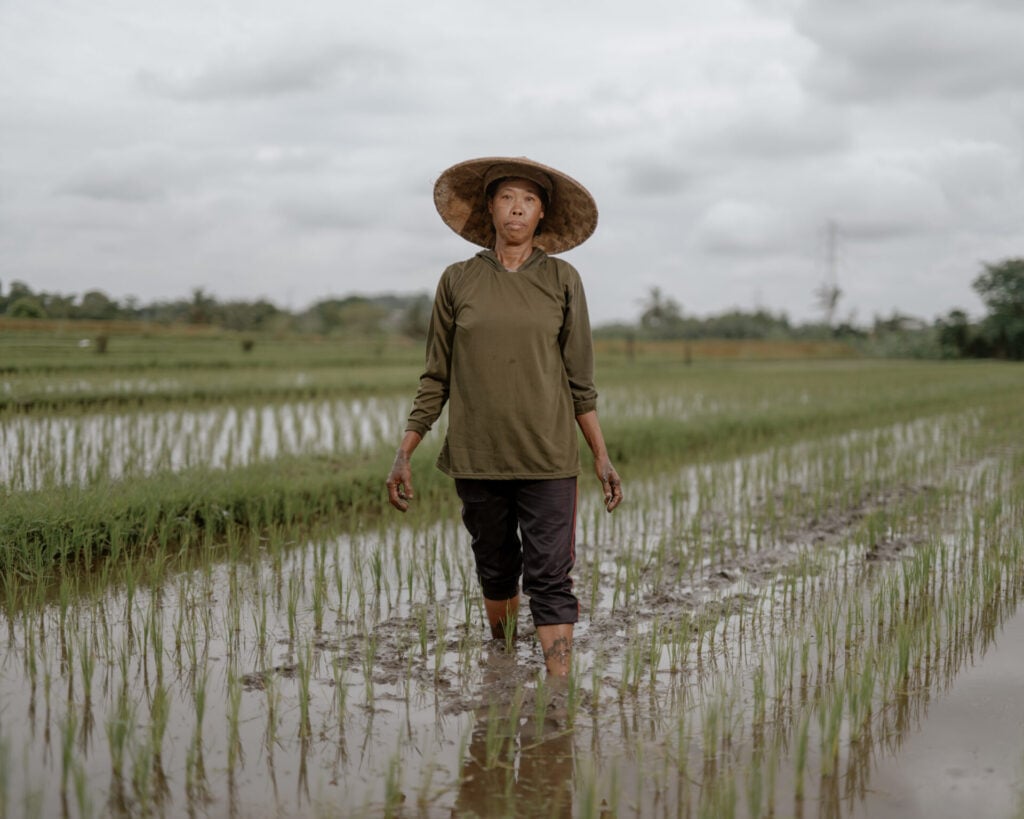
Rice feeds over half the world’s population, but it also produces vast amounts of methane and uses an astonishing 40 per cent of global irrigation water. Enter Astungkara Way, a Balinese-based initiative rethinking how rice is grown through a method called Complex Rice Systems. It’s regenerative farming in action: imagine rice paddies teeming not just with plants, but with ducks, fish, and floating vegetation all working in harmony. These elements naturally fertilise the soil, control pests, and cut emissions all while restoring biodiversity and improving livelihoods for small-scale farmers.
Emission-Free Fertiliser – Sweden
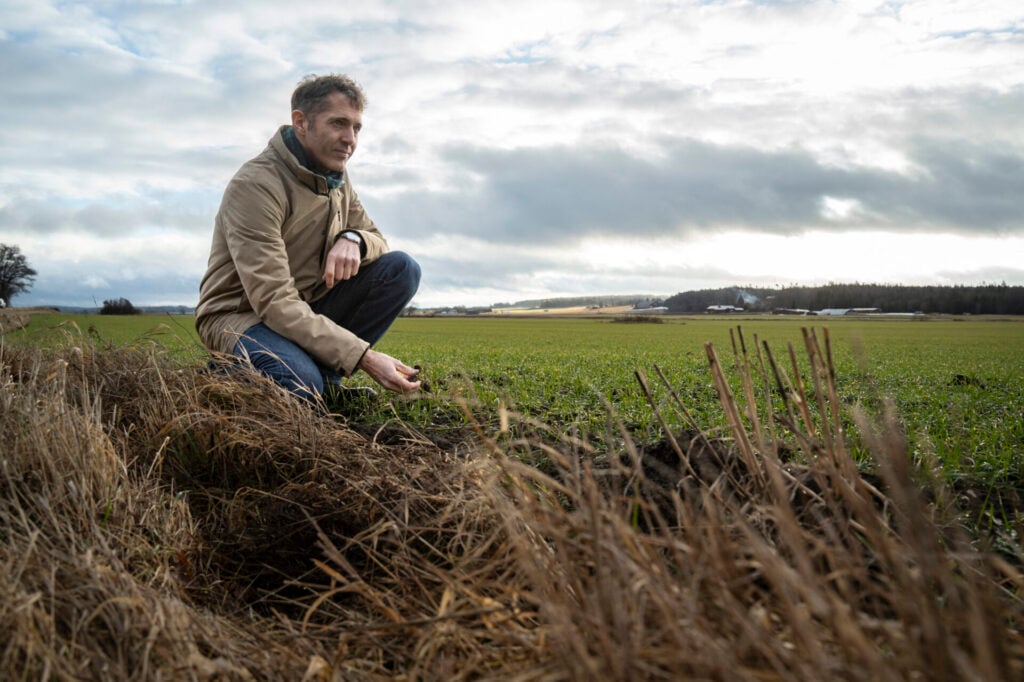
Nitrogen fertiliser is essential for growing nearly half the world’s food, but making it comes at a huge cost, emitting as much CO₂ as the entire aviation industry. That’s where Swedish startup NitroCapt comes in. They’ve developed a revolutionary process that creates fertiliser from just air and plasma, completely eliminating the need for fossil fuels. It’s cleaner, cheaper, and better for the soil, and could be a game-changer for farmers in low-income regions who often struggle with access to affordable fertiliser.
Tackling Food Waste One Plate at a Time – China
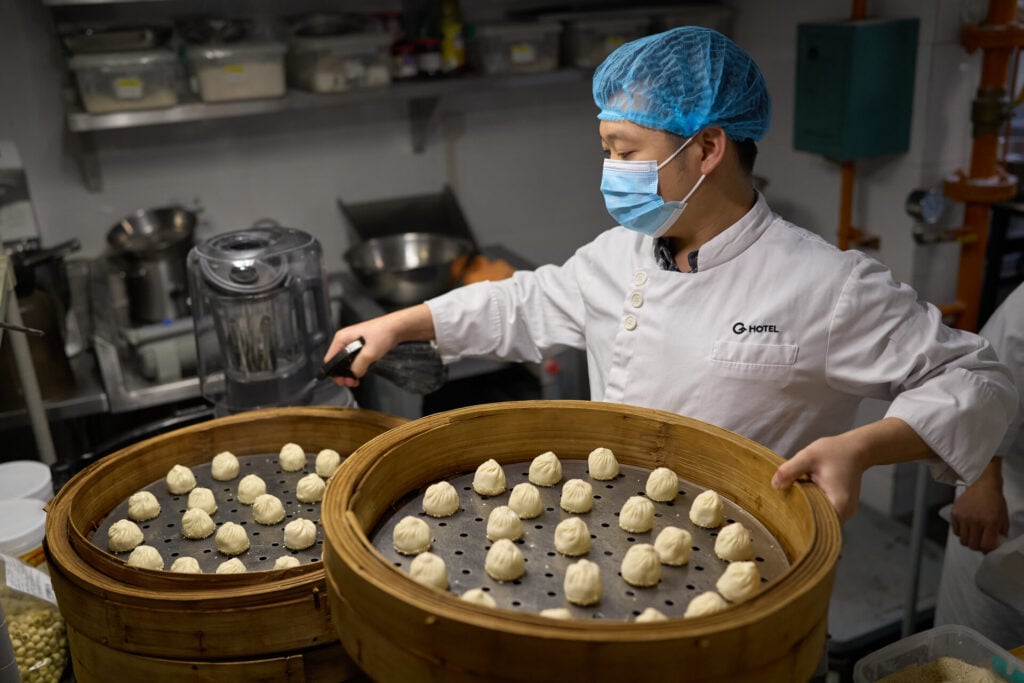
China wastes a staggering 35 million tonnes of food every year, much of it from the catering sector, a problem Pride on Our Plates is tackling head-on. This ambitious initiative works with small and medium-sized food businesses to monitor plate waste, analyse customer behaviour, and deliver tailored staff training that nudges both diners and restaurants toward smarter, more sustainable habits. Using psychology-backed insights and real-time data, they’ve already reached more than 60 million people across six major cities.
Nature’s Pest Control – Argentina
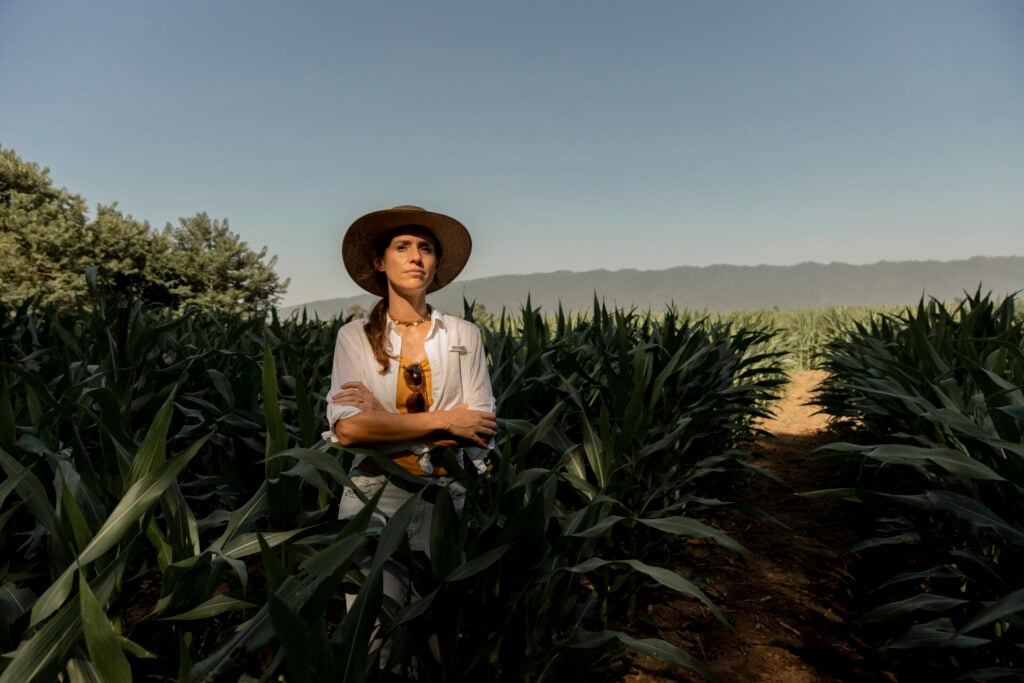
Pests are evolving, becoming more resistant to conventional pesticides and causing billions in crop losses every year. But Argentine agri-tech startup Semion is offering a smarter, cleaner solution. Instead of killing pests with chemicals, they’ve developed technology that activates the plant’s own immune system, helping crops like corn and citrus defend themselves naturally. The result? Less need for synthetic pesticides, safer conditions for farm workers, and healthier soil and water systems all while maintaining high crop yields.
Smarter Irrigation for the Global South – Australia
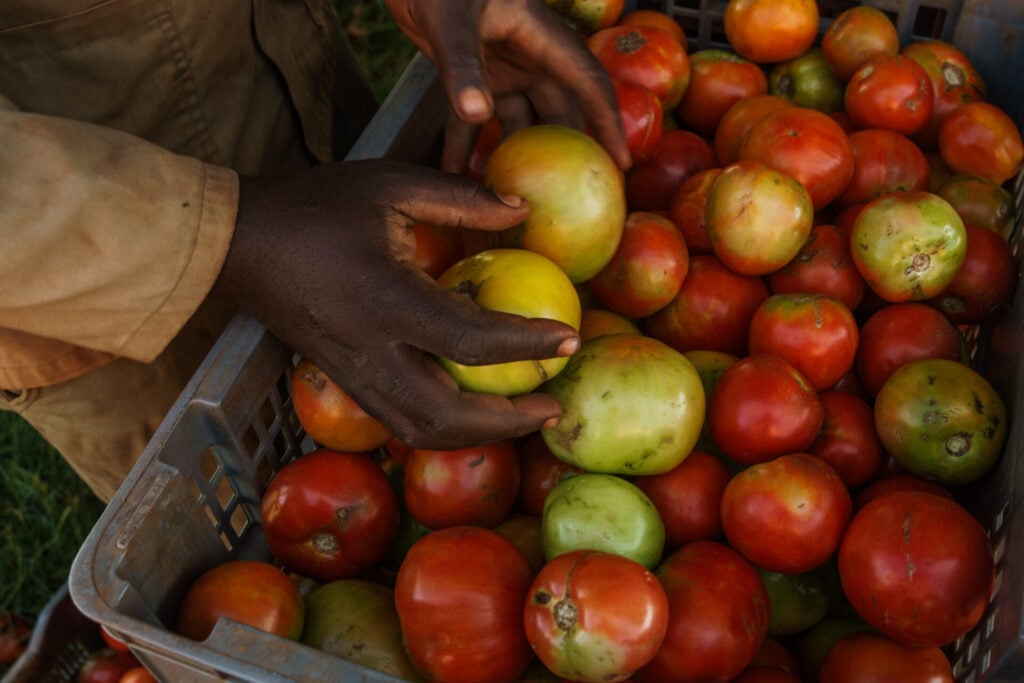
In many water-stressed regions, farming is still largely based on intuition — which often means overwatering, crop stress, or missed opportunities. The Virtual Irrigation Academy (VIA) is changing that with a simple but powerful tool: colour-coded soil sensors that show farmers exactly how much water their crops really need. Already used in over 20 countries, VIA helps small- and medium-scale farmers reduce waste, improve efficiency, and make more confident decisions. By combining practical knowledge with science-backed tech, it’s helping boost harvests while promoting fairer water sharing across entire communities.
The Food Planet Prize winner will be announced on June 13 in Stockholm by a panel of experts, including world-renowned climate scientist Johan Rockström.
For more on the Food Planet Prize and this year’s shortlist, visit foodplanetprize.org.

